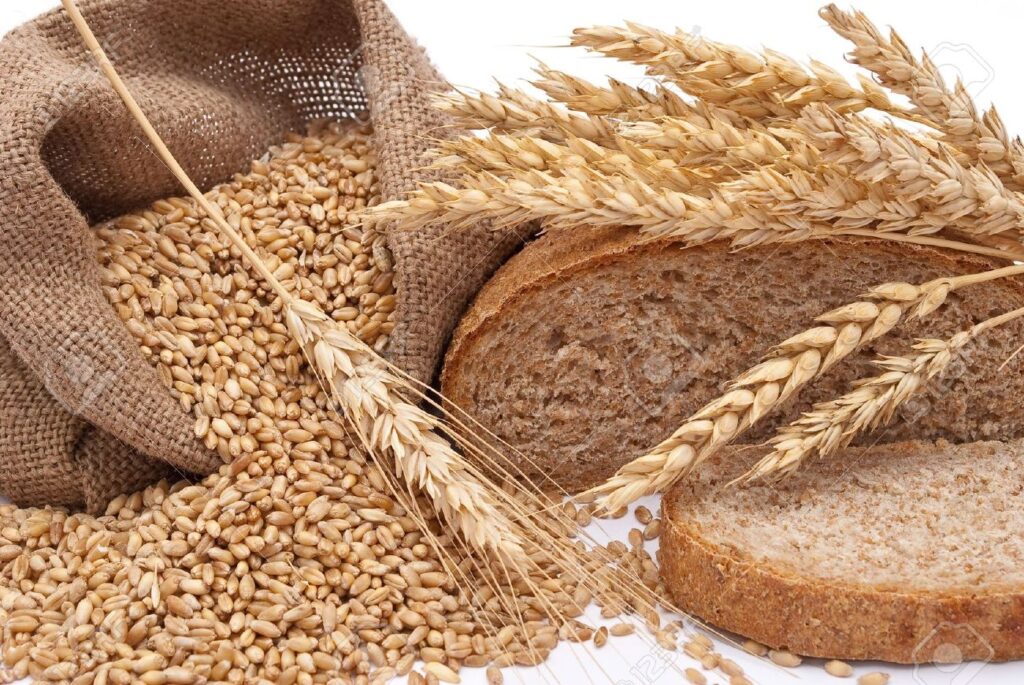The Executive Secretary for Importers and Exporters Association of Ghana, Mr Samson Asaki Awingobit has called on the government of Ghana to rescue the collapsing milling processing industries in the country.
According to him, the influx of unwholesome wheat products from neighbouring nations into the Ghanaian markets if not checked has the potential of collapsing the already challenged industry.
Mr Awingobit said these smuggled kinds of wheat into the country have foreign languages inscribed on the bags/jute sacks, making it difficult for one to even identify their expiration date.
He made these revelations at a press conference in Accra to alert Ghanaians about how the influx of these foreign wheat has taken over the Ghanaian markets without any approval whatsoever from the authorities.
He said that even though the wholesomeness of the products cannot be measured, it has already found its way into schools, markets, and eateries/restaurants across the country.
“I want to use this medium to call on the Food and Drugs Authority, the Ghana Standard Authority, and the Customs Division to immediately impound all these fake wheat from the market before any disaster occurs,” he stated.
He said the association is not happy about how mandated institutions in the country have relented in their fight against smuggling of unwholesome goods into the Ghanaian market which is a threat to the safety of the general public.
Mr Awingobit added that one of the reasons why the smuggled wheat is cheaper is that during Covid-19, neighbouring countries granted 90 days tax exemption to the flour industry to beat the price and placed a ban on the exportation of the product under the exemption.
“This, he said was the reason why these smuggled flours are sold less than 50% of the Ghanaian-produced flour in the market.”
The Importers and Exporters Association of Ghana, therefore, urged the government to do more in creating an enabling environment for the local flour milling industry to do business at ease and stand a better chance in competing with their neighbouring countries.
